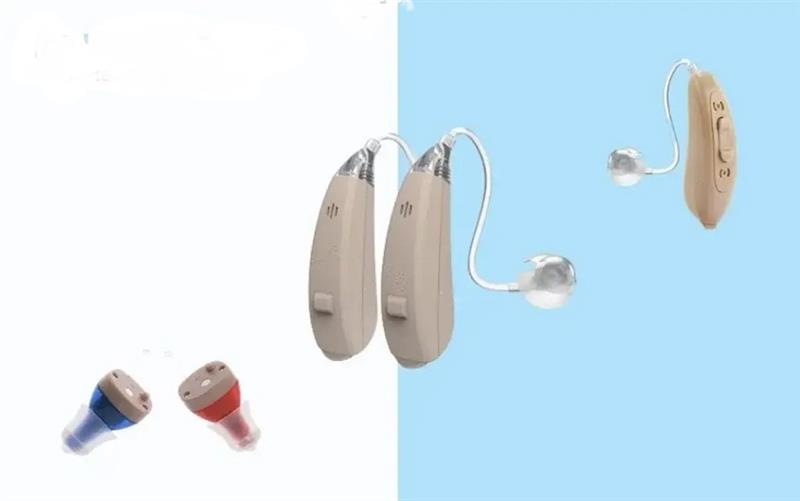
While the modern world offers some conveniences, it can also be harsh on your priceless ears. Progressive hearing loss can be brought on by loud music, rumbling building noises, and other factors.
Hearing loss can also be brought on by certain diseases and drugs. Additionally, it may be age-related or run in the family.
Wearing hearing aids is one way to deal with hearing loss, though. Although Nano Hearing Aids has reasonably priced products, are these the best hearing aids for you? What you should know is as follows.
How do Nano Hearing Aids work?
Due to Nano Hearing Aids' registration with the Food and Drug Administration (FDA), their products are subject to stringent regulations. Direct-to-consumer sales of their items are available online.
Benefits and drawbacks of nano hearing aids
The benefits and drawbacks of nano hearing aids are summarised as follows:
Benefits :
- Nano provides affordable hearing aids; some of its alternatives are less expensive than those offered by other companies, making them more available to those on a tight budget.
- Easier to obtain than hearing aids that require a prescription: To purchase one of these items, no prescription is required.
The drawbacks:
- Nothing to support the latest technology: Hearing tests, according to Nano, may be carried out using their app, which is compatible with some of their most recent products. There is no proof that these tests can take the place of audiograms or other medically administered hearing exams.
- a sizable amount of client grievances The majority of these grievances include the effectiveness of returns, customer service, and product quality.
Buy Nano hearing aids or not?
The best course of action if you have hearing loss is to consult an ENT physician. An audiologist can conduct a hearing test and suggest an appropriate device to treat your hearing loss if there is no known medical reason for it.
It's crucial to get your hearing checked if you're experiencing hearing loss. Your healthcare provider can find any underlying medical disorders that could be life-threatening and damage your hearing during these examinations.
Additionally, they mention that the hearing aids are FDA registered and "are medical prosthetic devices classified as Class I." This description is inaccurate. An FDA-registered device and an FDA-approved device are two separate things.
Saying a product is registered with the FDA doesn't tell you much because all medical devices must be registered with the agency before being sold. Class I simply denotes that the FDA has classified the item as low risk.
If you're unsure if Nano Hearing Aids are the correct choice for you, consult your doctor.
When to discuss hearing aids with Consult a physician if:
- Hearing loss affects your day-to-day activities
- Hearing loss happens suddenly, gets worse, or doesn't go away. You experience ringing in your ears.
- Hearing loss is accompanied by ear ache.
- Headaches are brought on by hearing loss when you are injured or have an accident.
It's crucial to let your healthcare provider know if you have any worries about your hearing. For additional diagnosis or therapy, they could suggest that you see an ENT. Sometimes different types of treatment are needed in place of hearing aids.
Hearing Aids: Nano CIC Rechargeable OTC
Hearing aids approved by the FDA.
• Almost undetectable: Completely encloses the ear canal.
• Battery-powered. None are required.
• Adjustable ear-tips for the utmost comfort.
• Easy adjustments with a straightforward push-button control.
• A compact, mobile charging case. Up to 60 hours battery life.
It's ideal to keep yourself as educated with your hearing aids and a new breakthrough in the technology. Ask your query via Book an Appointment today. For more information visit https://hearing.careinc.ca or you can call us today at (403)605-6300